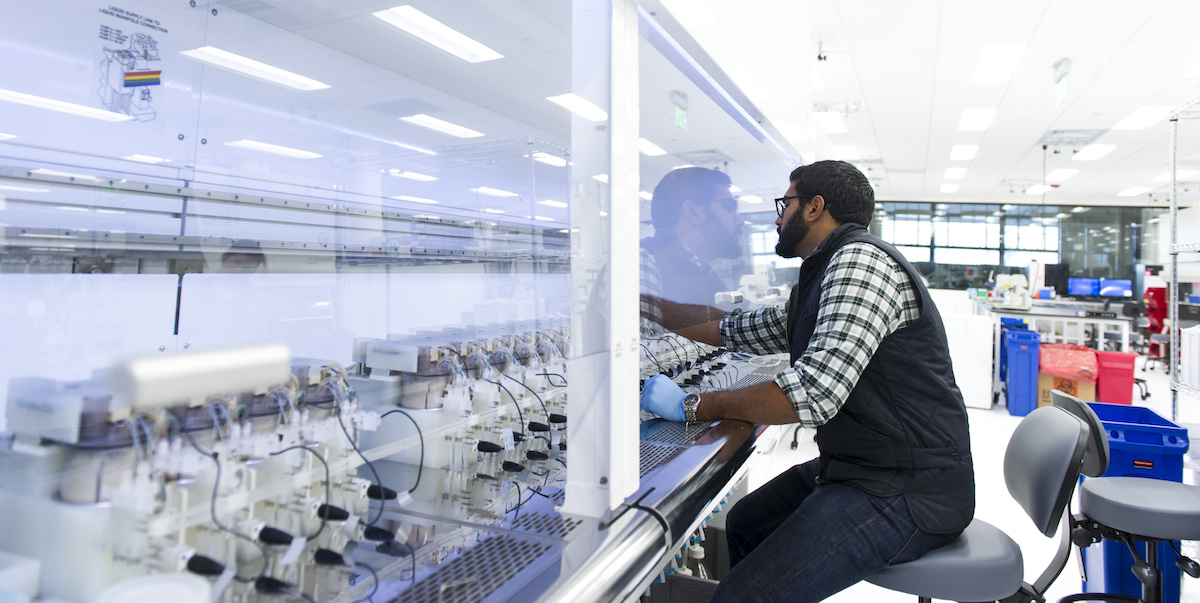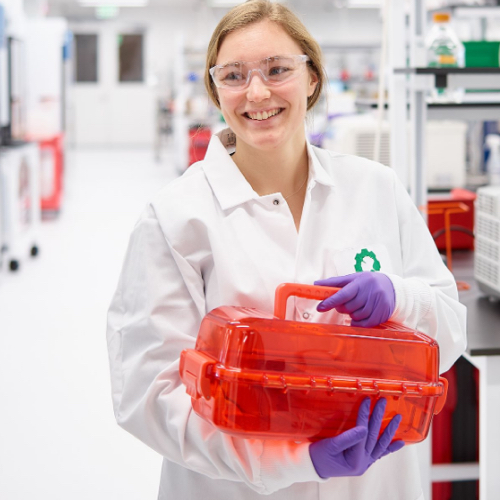Phytolon and Ginkgo aim to leverage cell programming to produce vibrant betalain pigments across the full yellow-to-purple spectrum.
Scientists have developed hundreds of artificial food dyes by using the tools of synthetic chemistry to convert petrochemical sources into a wide range of colors. While artificial dyes are visually appealing and cheap to manufacture, many have been banned in food and feed due to health concerns. But now, the tools of synthetic biology offer an opportunity to tap into the vibrant colors of nature to produce more sustainable, yet equally vibrant, colors.
What if you could grow sustainable, vibrant dyes?
As consumers increasingly seek out more sustainable and nature-derived products, the food industry is working to find food colors that have equivalent pigment vibrancy to those found in petrochemical-based dyes but which come from biological sources. Phytolon, a growing startup company making natural food colorants, announced a partnership with Ginkgo today to produce vibrant cultured food colors via synthetic biology.
Phytolon has developed a proprietary process using precision fermentation of certain yeast strains to produce betalain pigments—red and yellow pigments naturally found in plants like beets and cactus fruit. Phytolon and Ginkgo are partnering with the goal of maximizing the production efficiency of purple and yellow betalain-producing strains to enable the creation of colors across the full “yellow-to-purple” spectrum. Under this partnership, Phytolon is leveraging Ginkgo’s ability to engineer biology at scale to work together on the production of these betalain pigments. The project aims to help maximize the business opportunity of Phytolon’s vibrant colors for applications in the food and cosmetics industries.
Synthetic biology helps make it possible to produce nature’s wide range of colors at scale.
“We’re excited to work with Ginkgo to develop natural food colors that can potentially outperform conventional artificial dyes in cost and performance,” says Dr. Tal Zeltzer, co-founder and CTO of Phytolon. “We believe biotechnology makes it possible to produce a wider range of colors than ever before that may outperform current benchmark colorants, and we look forward to building products that may meet and even exceed consumer expectations for healthier, sustainable foods, all while aiming to maintain industry requirements for high quality and cost-efficiency.”
We love enabling growing startups like Phytolon through our platform, using biotechnology to challenge industry norms and attempt to build a fundamentally better product than what’s on the market today. The planet needs new sustainable solutions, and we are excited to partner with Phytolon to support a more sustainable food system.
Find the full press release here along with all of the latest news from the Ginkgo team.


